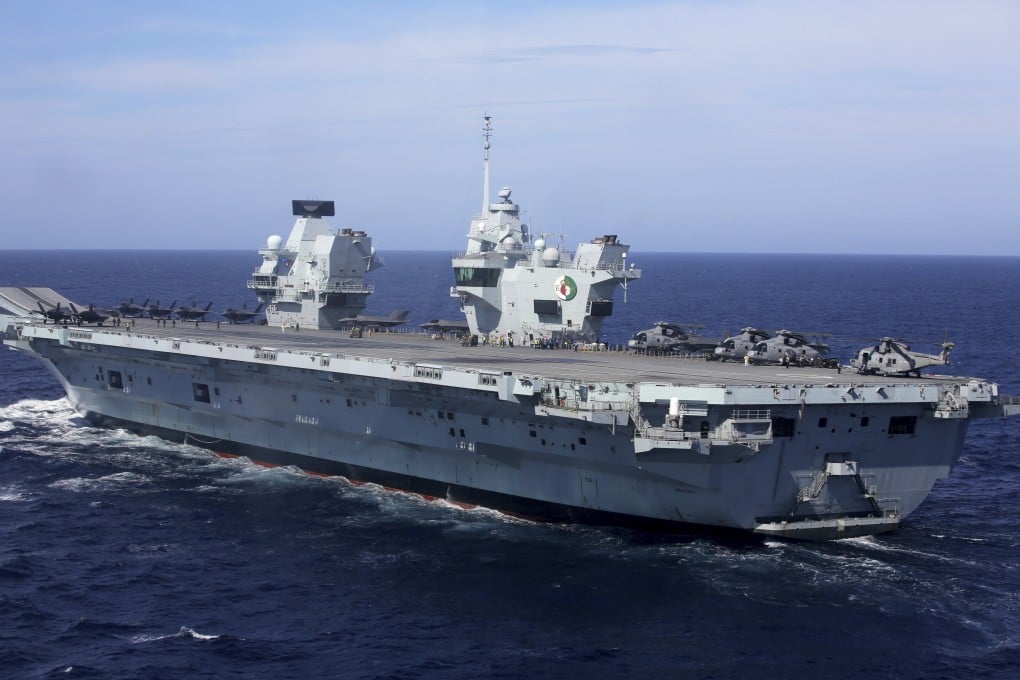Opinion | As Britain’s warship transits South China Sea, memories of 1949 Yangtze naval clash resurface
- London has insisted the presence of a carrier strike group led by HMS Queen Elizabeth in the contested waterway is not aimed at confronting China
- But the mission has drawn a parallel to an incident when Chinese forces fired at British vessels after they ignored a warning to leave the Yangtze River

The People’s Liberation Army (PLA) did just that to four British warships in April 1949 to drive them away from a stretch of water in the Yangtze River. This episode went down in naval warfare history as the Amethyst Incident.
Though his government insists that this is not courting confrontation with China in the disputed waterway, The Observer newspaper nonetheless said in an August 1 editorial that it was parading gunboats right “under Beijing’s nose”.
Those who track China’s media, mainstream as well as social, know the Chinese have certainly not forgotten the Amethyst Incident. They have long hailed it as the turning point marking the end of Britain’s use of “gunboat diplomacy” to extract concession after humiliating concession from a weak China. And some commentators are talking about it again, drawing parallels from the skirmishes then to prepare for what may happen now.
